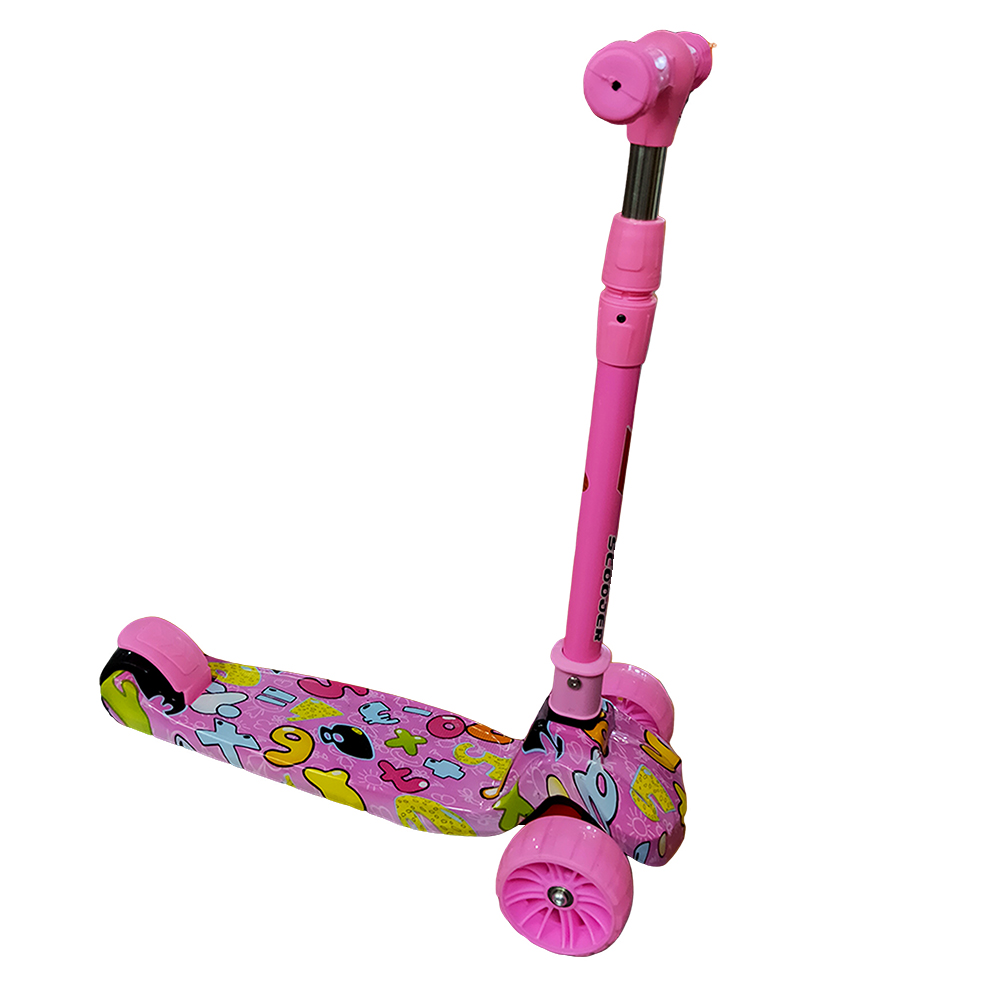Understanding Kid Scooter Licenses A Guide for Parents
In recent years, the popularity of scooters among children has surged, becoming a common sight in parks, driveways, and sidewalks. These fun, portable devices not only provide a means of transport but also encourage outdoor activity and help kids develop balance and coordination. However, as this trend grows, many parents are wondering about the regulations and licensing requirements associated with kid scooters. In this article, we will explore the various aspects of licensing for kid scooters and what parents need to know to ensure their child's safety and compliance with local laws.
The Rise of Kid Scooters
Scooters have evolved from a simple toy to a popular means of transportation for children. With various designs, materials, and functionalities, they cater to a wide age range. Electric scooters have also joined the ranks, providing older kids and teens with a faster ride. Despite their advantages, the rising use of scooters has prompted discussions on safety and regulations. As a result, many towns and cities are implementing laws that may include licensing provisions for children using scooters.
What is a Kid Scooter License?
A kid scooter license is essentially a permit or registration allowing a child to legally operate a scooter on public roads and pathways. While not universally required, certain municipalities may enforce licensing to promote safety, teaching responsibility, and fostering awareness of traffic laws. Licensing may involve an application process, knowledge of traffic rules, and often, safety training or classes.
Why Licensing is Important
Licencing for kid scooters can play a crucial role in fostering a sense of responsibility in children. It serves multiple purposes
1. Promoting Safety Licensing usually comes with educational components that teach children the rules of the road, safe riding practices, and the importance of wearing protective gear.
2. Accountability Requiring a license can help instill a sense of accountability in children. When they understand that they must adhere to specific rules, they are more likely to practice safe riding habits.
3. Reducing Accidents Communities that implement licensing often see a decrease in scooter-related accidents. Educated riders are less prone to collisions, ensuring a safer environment for everyone.
license for a kid scooter

4. Encouraging Responsibility Owning a license can encourage children to take better care of their scooters and behave more responsibly while using them.
How to Obtain a Kid Scooter License
The process of obtaining a kid scooter license can vary from one location to another. Here are some common steps involved in the licensing process
1. Check Local Laws Parents should first research the regulations in their area. Visit local government websites or contact local parks and recreation departments to find specific information on scooter licensing.
2. Complete an Application Once you have confirmed the requirements, the next step is often completing a simple application form. This may require basic information about the child, the type of scooter, and parental contact information.
3. Take a Safety Course Many places require children to complete a safety course before obtaining a license. These courses can typically be found at local community centers, schools, or online platforms, covering essential topics such as traffic rules, hand signals, and proper equipment.
4. Receive the License Upon successful completion of the application process and safety course, children may receive a license, often displayed on their scooters or in a digital format.
Encouraging Safe Riding Practices
Regardless of licensing requirements, parents should always encourage safe riding practices. This includes wearing helmets, knee pads, and elbow pads to reduce the risk of injury in case of falls. Make sure children understand the basics of road safety, such as looking both ways before crossing streets and being mindful of pedestrians.
Conclusion
While the implementation of kid scooter licensing may vary, the overarching goal remains the same ensuring the safety and responsibility of young riders. As the popularity of scooters continues to grow, parents play a vital role in educating their children about the importance of safety, rules, and proper riding practices. By understanding and potentially participating in local licensing initiatives, parents can help create a safer environment for all.
-

 Scoot&RideKids Child Kick Push Scooter 3 Wheels with LED Flashing Tilt Lean Boys Girls Scooter
Scoot&RideKids Child Kick Push Scooter 3 Wheels with LED Flashing Tilt Lean Boys Girls Scooter




- 4
$33.17 -

 Scoot&RideKids Scooter Child Kick Flashing LED Light Up 3 Wheel Push Adjustable Folding 3
Scoot&RideKids Scooter Child Kick Flashing LED Light Up 3 Wheel Push Adjustable Folding 3- 0
$25.52 -

 Scoot&RideKids Scooter Child Kick Flashing LED Light Up 3 Wheel Push Adjustable Folding 2
Scoot&RideKids Scooter Child Kick Flashing LED Light Up 3 Wheel Push Adjustable Folding 2- 0
$33.17 -

 Scoot&RideKids Scooter Teens Foldable Kick Push Scooter Adjustable Height Safe 2 Wheels
Scoot&RideKids Scooter Teens Foldable Kick Push Scooter Adjustable Height Safe 2 Wheels




- 4
$49.99
Meet our partners and discover what powers their creativity!
When you register for a Lohas scooter, you will receive a 10% discount on your first order and can be notified of sales, new product launches and other offers in advance.









